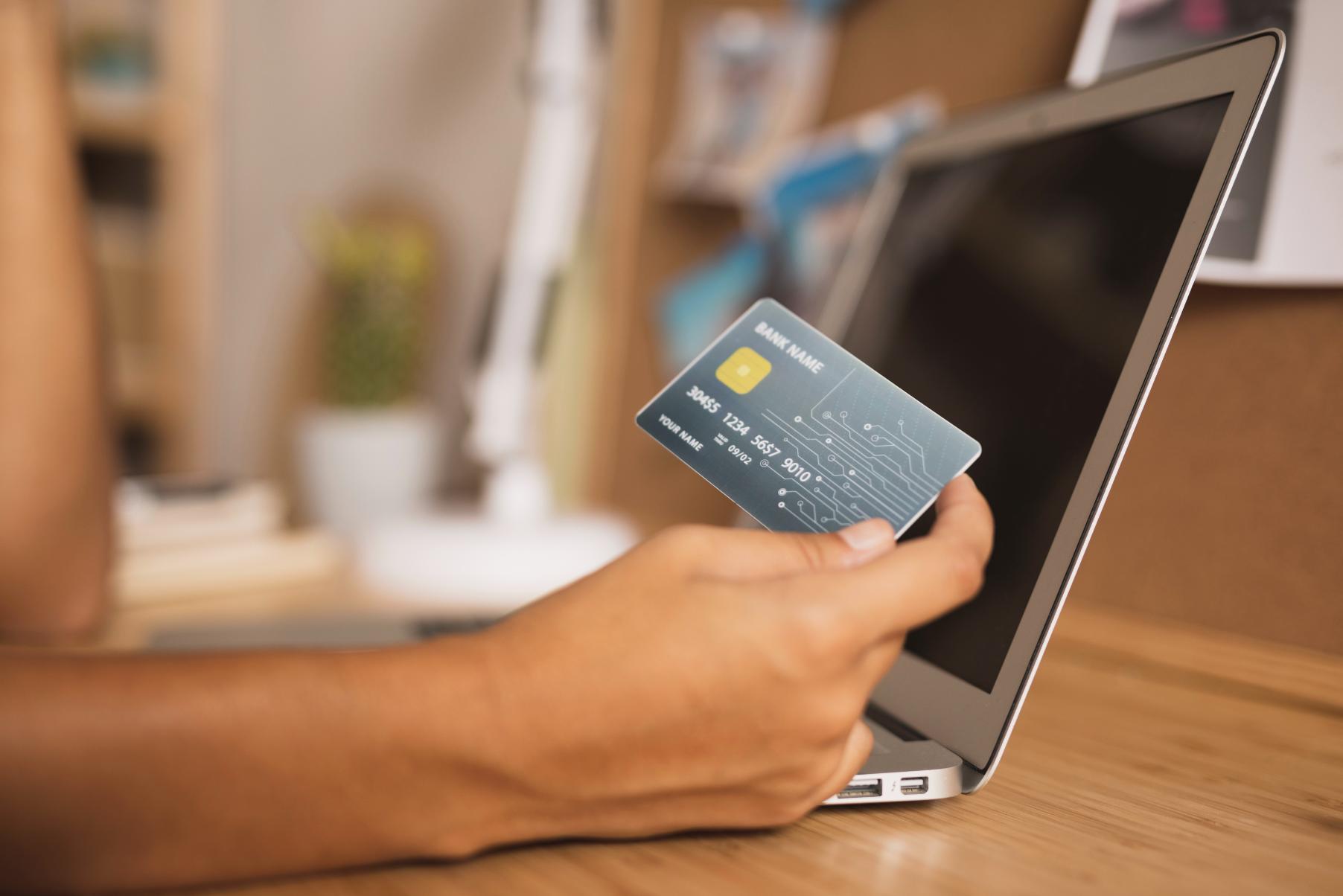Think packing is the hardest part of your International trip? Choosing the right payment card could make or break your journey!
Should you rely on a Forex card or stick to your trusted credit card? While both options have their merits, making the right choice can save you from unnecessary charges and ensure a smoother financial experience during your travels.
Why Your Payment Method Matters on International Trips
Convenience, security, and cost-effectiveness are the key considerations in the management of international finances. An improperly selected payment method could lead to substantial fees for transactions, problems related to currency conversion, and issues with a transaction. A choice between a Forex card and a credit card is beyond preference and represents a strategy that may make all the difference for your travel budget. A travel currency card offers a hassle-free way to manage your expenses abroad, combining convenience, security, and cost-effectiveness in one compact solution
Advantages of Forex Cards
- No Currency Conversion Charges
Forex cards remove dynamic currency conversion charges. Since they are preloaded with the local currency at your destination, transactions are direct pay what you see, with no surprise charges on your bill.
- Enhanced Safety
It is unsafe to carry cash as the probability of recovery in case it gets stolen is minimal. Forex cards provide great security features like PIN protection, insurance coverage, and even the possibility of locking your card instantly if you lose it.
- Protection from Rate Volatility
Forex cards lock in the exchange rate for the moment of loading which will protect the user from rate fluctuations. This can save many dollars compared to exchanging currency either at airport kiosks or banks, where fees are often higher.
- Cost-Effective Option
Forex cards often give competitive exchange rates and transparent pricing, making them cheaper alternatives to cash or other options. Unlike physical cash, which is scarce or even costlier to convert at the point of sale, Forex cards are loaded in real time using current exchange rates.
- Support for Multiple Currencies
Many Forex cards can load multiple currencies, making them great for multi-destination trips. There are no additional charges at any destination for transactions. Thus, a multi currency forex card is the best companion in the world of traveling: loading and managing multiple currencies on a card allows you to pay smoothly without any complications on a specific destination.
Benefits of Credit Cards
- Easy Access to Credit
Credit cards provide the advantage of deferred payments. Using credit cards doesn’t affect your bank balance immediately, which is a big help when dealing with big expenses on your trip.
- Building Credit History
Regular usage of credit cards enhances the credit score, which is an important factor in future requirements such as loans or rentals. Consistent and timely payments reflect your reliability in financial matters.
- EMI Options
Credit cards are best for big-ticket spending as they give the benefit of converting the transaction into equated monthly installments, which again helps in spending without disturbing the finances.
- Rewards and Incentives
Credit cards usually offer attractive rewards like cashback, reward points, or air miles. This will improve your travels and even save you money the next time you make purchases.
Forex Card vs. Credit Card: A Quick Comparison
- Exchange Rates: The Forex card locks in rates during loading, so fluctuations will not affect you. Credit cards, however, are charged at real-time rates, which can leave your expenses unpredictable.
- Transaction Fees: Credit cards charge a markup fee of 2–3.5% on foreign transactions, plus service charges. Forex cards do not incur such additional costs.
- ATM Withdrawals: Generally, the withdrawal of cash through an ATM against a credit card will involve hefty fees comprising interest, transaction fees, and withdrawal fees.
- Payment Obligations: Credit cards have timely bill payments to prevent late fees and overdraft charges. Forex cards are pre-paid, thus the risk of late payment penalties does not occur.
Final Thoughts!
There are choices, depending upon the requirements for international travel. Forex cards are best suited for someone who emphasizes saving money and also wants an option of no exposure to cash loss. Credit cards are more favorable for users, especially when someone needs access to credits and expects long-term benefits. Review your travel itineraries and your needs for an informed decision on which will be best.
Travel smart, spend wisely, and focus on creating unforgettable memories abroad. With the right payment tool, you can enjoy your journey without financial concerns!








